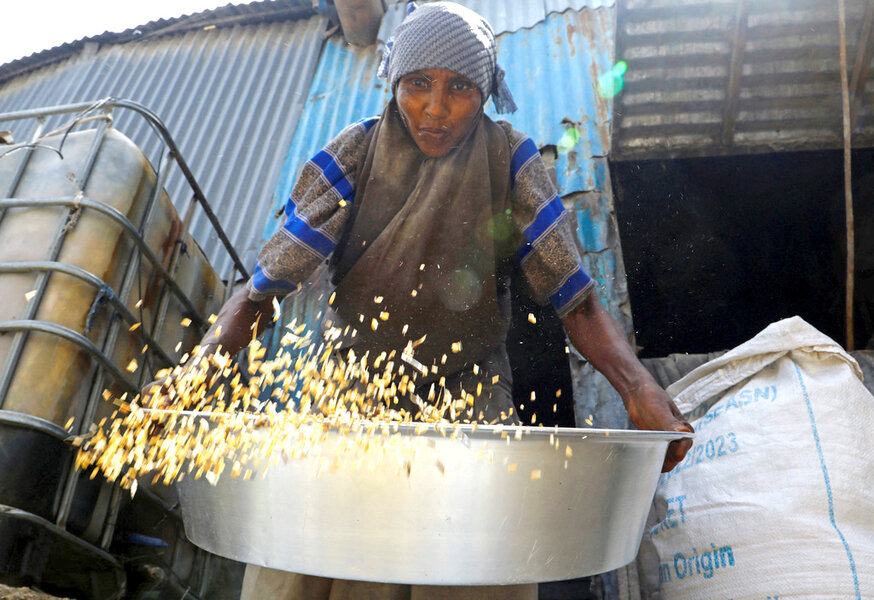The right armor for African democracy
Loading...
A military coup in Niger last week – the 10th attempted in Africa since 2020 and the seventh to succeed – has brought swift reprisals. The European Union suspended financial aid and security cooperation to the West African country. Neighboring leaders yesterday threatened military intervention unless the junta restores the democratic government within a week.
Those responses underscore how African and international leaders have become increasingly impatient with what appears to be a backsliding of democracy on the continent. If or when the rebellious generals in Niger back down, however, their decision may be influenced more by Africa’s changing mental atmosphere than by military might or diplomatic isolation.
Published just days before the coup in Niger, a United Nations study of causes and responses to unconstitutional power grabs based on interviews with 8,000 people across Africa found “in a compelling manner that tolerance for ongoing inequality, government under-performance and elite self-enrichment is sharply waning across the continent.”
The study found that poor governance – measured by high levels of corruption, weak security, and uneven economic opportunity – elevates the risk that governments may be overthrown. Only 11% of the Africans surveyed expressed a preference for nondemocratic forms of rule. Inclusive development, particularly for women and youth, the study found, “is prevention, and prevention means peace.”
One country that may be starting to model that route toward stability is Somalia. It fell into dysfunction following the collapse of its long-ruling military regime in 1991 and has seen dozens of failed attempts at restoring the rule of law ever since. In the absence of a strong, central government, the Islamist extremist group Al Shabab extended its control over large parts of the country partly by setting up its own courts to give people access to justice.
Now, a new central government is trying to rebuild democratic institutions, starting with the judiciary. In early July, the country opened its first anti-corruption trial in decades against four top government officials. To boost transparency, the proceedings are televised. The trial follows the adoption of a package of new anti-corruption measures signed into law earlier this year. And those reforms coincide with electoral reforms that will base future elections on the votes of individuals rather than clan elders.
These are fledgling steps, but they mark an attempt to build a more inclusive society based on equality and the rule of law. “We cannot forget the painful past but we can forgive,” Somali President Hassan Sheikh Mohamud said during his swearing-in last year. “We do not need grudges. No avenging.”
For the international community, Niger was seen as a last bulwark against the spread of Islamic extremism across West Africa. Both France and the United States have forces stationed there. As much as the coup poses a challenge for African leaders defending democracy, it offers the international community a nudge for rethinking its security priorities. As the think tank Responsible Statecraft noted last year following a coup in Niger’s neighbor Burkina Faso, outside governments should help African leaders “concentrate on helping civilians.”
Another coup notwithstanding, Africa’s democratic future rests on the highest qualities of governance that its citizens increasingly seek.







